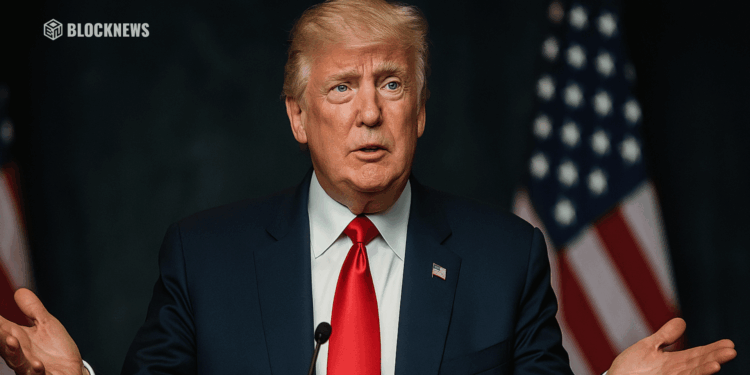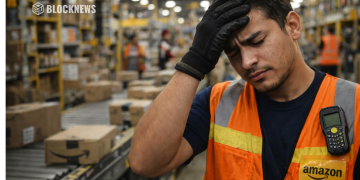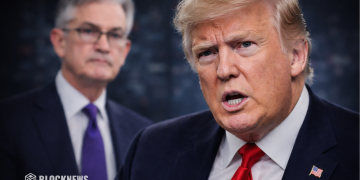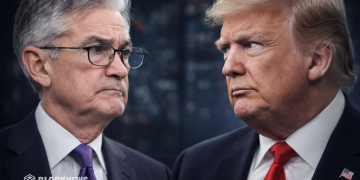- Supreme Court justices signaled doubts about Trump’s tariff policy, boosting refund hopes.
- Refunds could total up to $90B but would likely require complex claims and court appeals.
- Investment banks are buying refund stakes from importers, creating a secondary market.
The odds of U.S. businesses receiving tariff refunds jumped sharply on Wednesday after Supreme Court justices from both sides of the bench expressed skepticism toward the Trump administration’s defense of its sweeping tariff policies. The case, which could impact nearly $90 billion in collected duties, now hinges on how — and to whom — those potential refunds would be distributed.
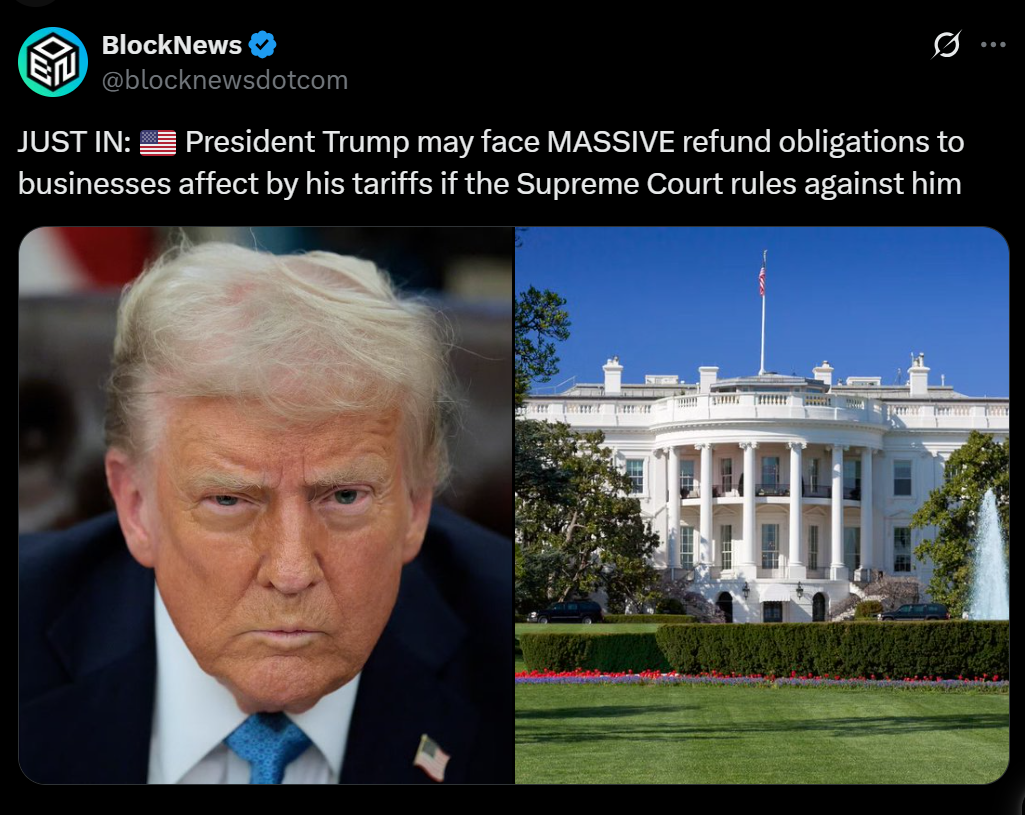
Who Could Get a Refund
If the court strikes down the tariffs, determining which businesses are eligible for reimbursement could become a legal and logistical tangle. Justice Amy Coney Barrett pressed the issue directly during oral arguments, asking attorney Neal Katyal, who represents several small and mid-sized importers, how the refund process would even work.
Katyal acknowledged that while the five plaintiffs he represents would clearly qualify for repayment, refunds for others could be “a very complicated thing.” Trade lawyer Thomas Beline of Cassidy Levy Kent agreed, explaining that most importers would likely have to file separate appeals with lower courts or petition U.S. Customs and Border Protection (CBP) directly.
Beline suggested importers request liquidation extensions or file protests with CBP to prevent their entries from closing prematurely — steps that could make future refund claims easier if the court rules against the administration.
When and How Refunds Could Be Paid
Refund processing could take years. A comparable 1998 Supreme Court ruling on harbor maintenance fees took two years to return just $730 million to importers — a fraction of the tens of billions now at stake.
Former Justice Department lawyer Ashley Akers said that if refunds are ordered, CBP might deploy a streamlined or automated system similar to past duty repayments. Businesses may need to update payment information via CBP forms, and while blanket automatic refunds are unlikely, approved claims could come with statutory interest attached.
Wall Street Sees Opportunity
Even before a ruling, investment banks like Oppenheimer and Jefferies have approached importers to purchase stakes in potential tariff refunds. In exchange for quick cash — typically 20% to 30% of their potential payout — companies can offload their claims now. If the Supreme Court overturns the tariffs, banks would pocket the rest.

Marketing materials reviewed by CNN show Oppenheimer pitching the deals as a way for businesses to “de-risk the outcome” while avoiding public filings that could draw political scrutiny. But not everyone’s convinced.
Kyle Peacock of Peacock Tariff Consulting said many importers were pressured into selling at deep discounts — some accepting as little as 5% to 7% of their expected refunds. Those who sold early now express “seller’s remorse,” while those who held on are feeling “cautiously optimistic” after the justices’ skeptical questioning of Trump’s legal team.
What Comes Next
The Court’s decision could take months, and until then, CBP will continue collecting tariffs. But the tone of the hearing — with even conservative justices questioning the administration’s authority — has importers increasingly hopeful that a refund process, however messy, is coming.


